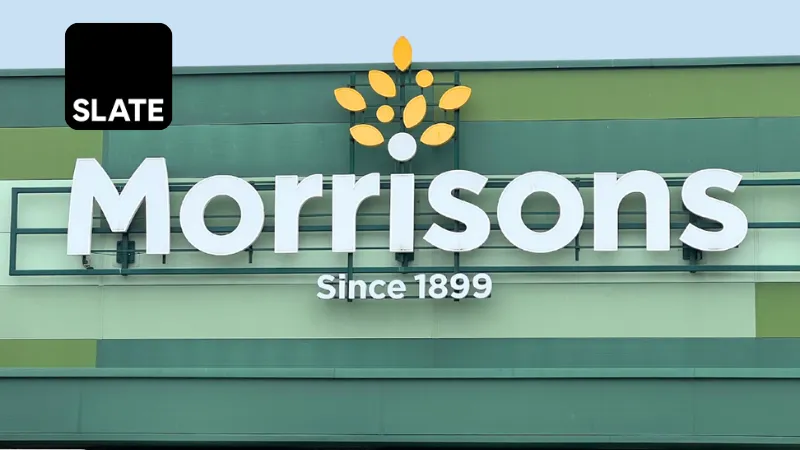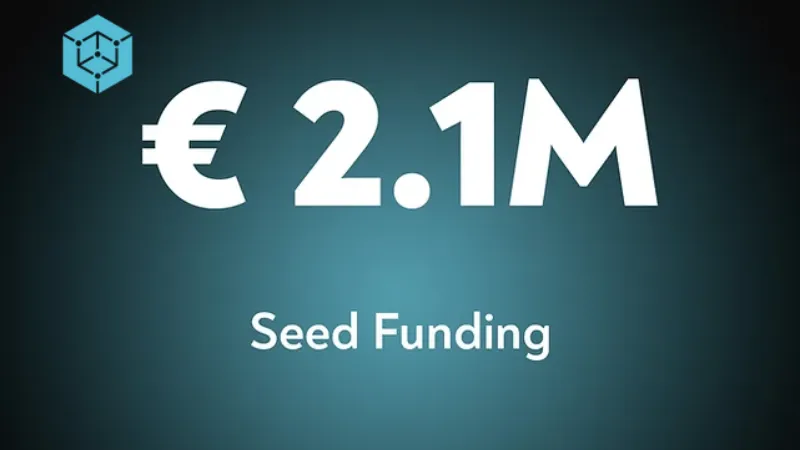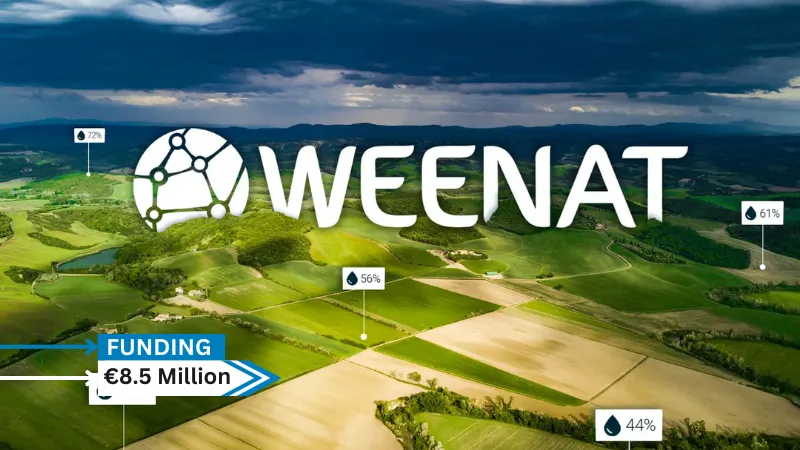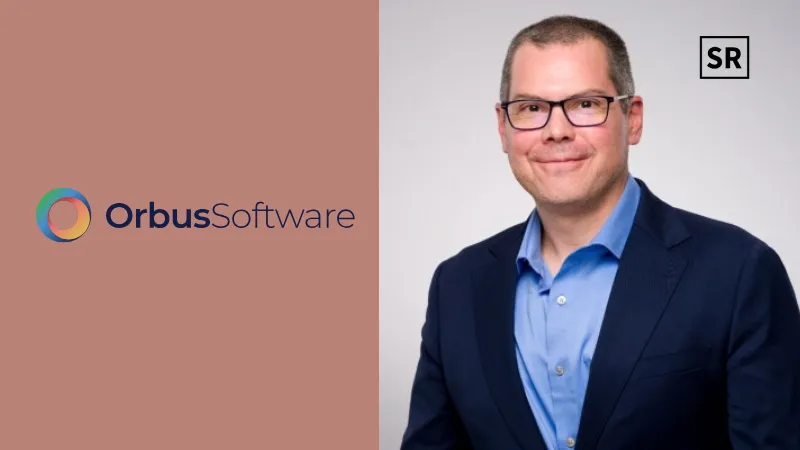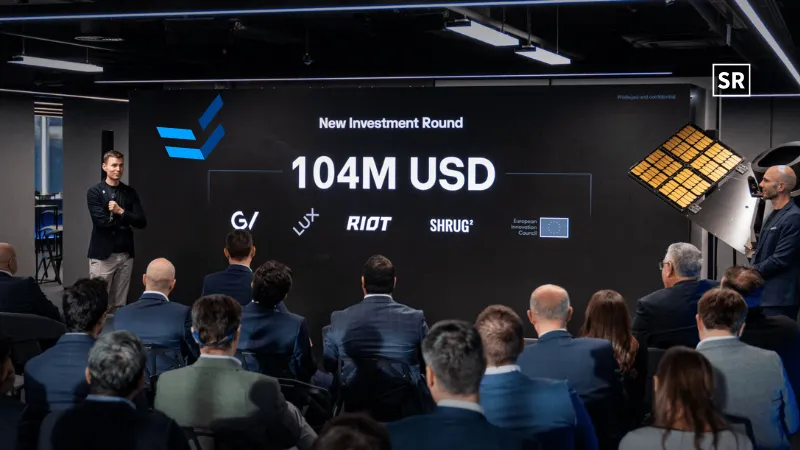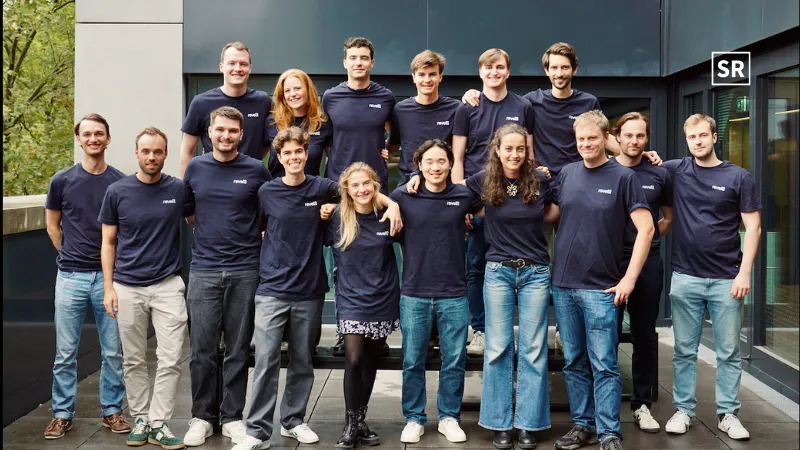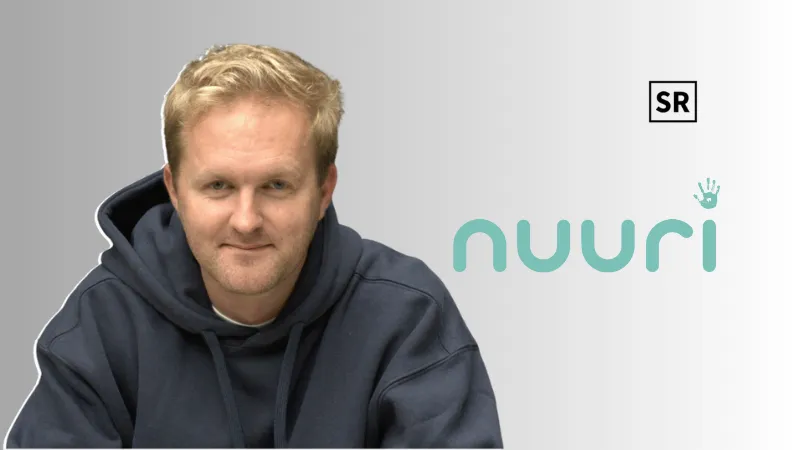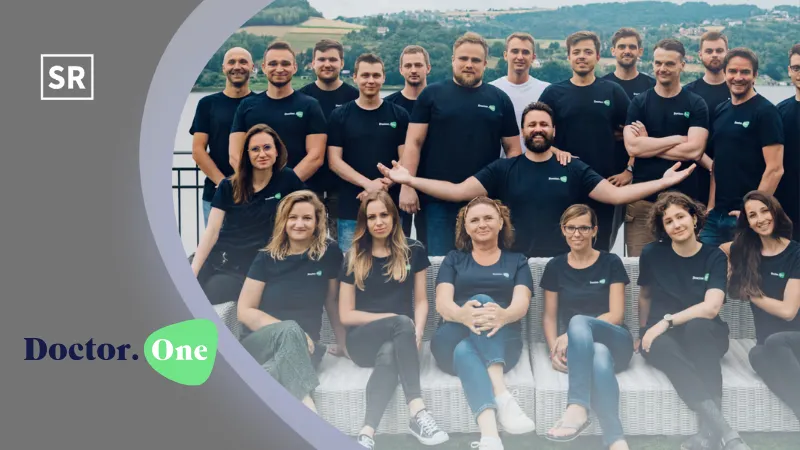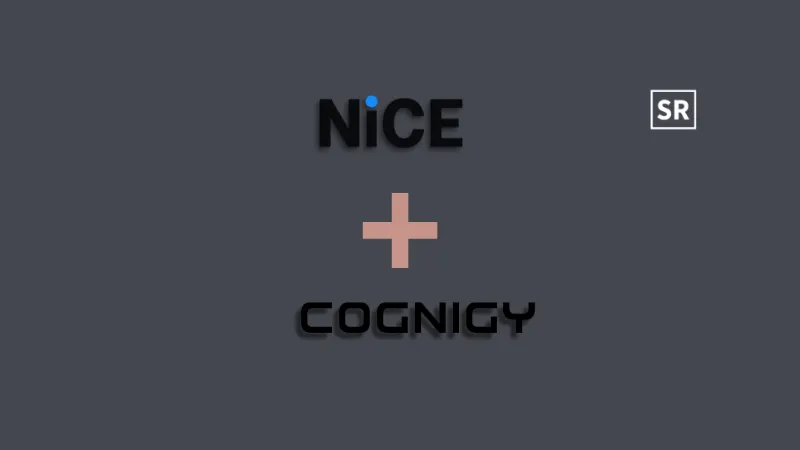Holy Technologies secures €4.3M to develop an autonomous factory for composite materials
Sep 25, 2025 | By Kailee Rainse
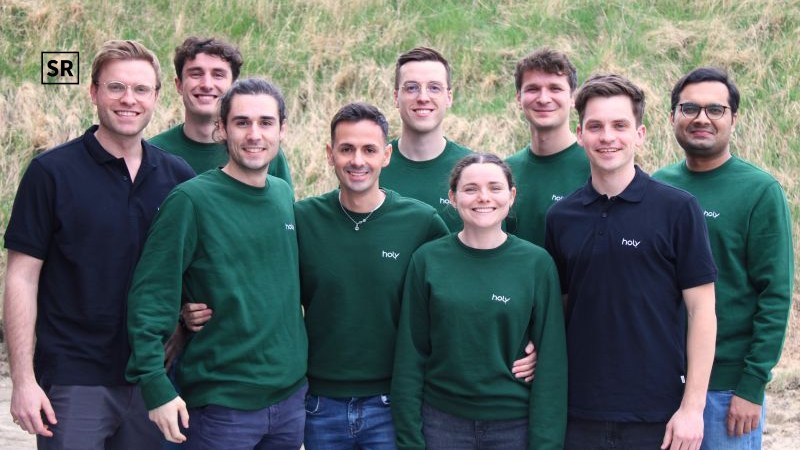
Holy Technologies has raised €4.3 million to build Europe’s first fully automated facility for advanced robotic joints, designed to improve performance, durability, and energy efficiency in next-generation machines and mobility systems. Powered by AI-driven design and precision robotics, the Berlin-based plant allows manufacturers to create high-quality components faster, at scale, and with reduced costs, helping the industry stay globally competitive.
SUMMARY
- NeuralMotion has raised €5 million to build Europe’s first fully automated facility for advanced robotic joints, designed to improve performance, durability, and energy efficiency in next-generation machines and mobility systems.
Holy Technologies was founded by Bosse Rothe Frossard (CEO) and Moritz Reiners (CTO), who bring extensive experience in both venture building and composite engineering.
Anna is a serial entrepreneur who previously launched a successful robotics startup in the logistics sector and advised multiple deep-tech ventures on scaling strategies.
Read Also - Synthesized Raises Over €17 Million In Series A Round
RECOMMENDED FOR YOU

Reneo funding news – Hamburg-based Reneo Secures €600 Million in Funding
Kailee Rainse
Feb 20, 2025
David spent over a decade at Siemens, where he specialized in developing automated production systems and integrating AI into advanced manufacturing processes.
Autonomy helps manufacturers move faster, simplify production, and create products that are lighter, stronger, and more sustainable. But the key material behind this composites is still expensive and slow to make, with most components produced by hand. Holy Technologies is changing that.
According to Frossard, from the start, the company focused on two principles: building a production system that is fit for autonomy, and designing for recyclability.
"We believe the next big transformation in industrial manufacturing will be autonomous robotics, and we wanted to create a system that could evolve toward that.
At the same time, composites have a huge recycling problem, so we designed our process so that parts can be reused rather than destroyed at the end of life."
Holy Technologies has built a platform that automates the making of lightweight components using an AI-driven robotic system with built-in closed-loop recycling. This recycling process allows materials to be fully recovered at the end of their life and reused for the same kinds of applications. The company’s technology runs on standardized robots powered by its own software layer, which Frossard calls the “Holy OS.”
"The innovation lies in our fibre placement process (IFP), where continuous fibres are precisely placed around pins. Because the intelligence is in the software, the system improves with every component built. Engineers provide feedback, and the robots continuously get better — which is how we progress toward autonomy."
Since its launch in 2022, Holy Technologies has set up a fully functional pilot line, signed offtake agreements for thousands of components, and established partnerships with major OEMs and Tier 1 suppliers.
Composites already account for over 50% of modern aircraft interiors, and the company is also working with industries like orthopedics (prosthetics), automotive (especially premium vehicles), and energy (hydrogen tanks, batteries, and wind turbine blades). As a material, composites are lightweight, strong, and versatile — making them increasingly valuable across many sectors.
According to Frossard, "the main value we deliver is weight reduction."
"Compared to traditional composites, we can reduce weight by 20–30 per cent. For example, we worked with a Formula One team and achieved a 20 per cent weight reduction on parts that were already highly optimised.
Against metals, the reduction is even greater: usually 70–80 per cent lighter for the same stiffness and performance."
Frossard says that the automotive and industrial tooling industries are doing well, but in Europe, many companies face tough competition from Asian manufacturers.
"We give them a way to differentiate — for example, making existing parts 50 per cent lighter, which creates tangible value for their customers. Some customers have in-house production in Europe, while others already manufacture in China."
We've had cases where clients considered both China and us, and chose to go with both before ultimately favouring us. The key issue is that composites are still very labour-intensive, and Europe has a shortage of skilled workers. That makes automation the only viable way to keep local production competitive," shared Frossard.
"In many cases, we're not just competing on composite expertise, but also introducing companies to composites for the first time.
On cost, we're already competitive with Asian manufacturers, particularly in serial production. Since composite manufacturing is still very manual, a lot of production today is outsourced to China. Our process allows European companies to compete while keeping production local."
About Holy Technologies
Holy Technologies is a European company that automates the making of high-performance, lightweight carbon fiber parts using its own Infinite Fiber Placement (IFP) technology. The company aims to transform industries like automotive, aerospace, and manufacturing by providing cost-effective, scalable, and fully recyclable composite components. Its system carefully places fibers even in complex shapes, helping manufacturers produce lighter, stronger products that are also more sustainable when recycled at the end of their life.


 Follow us
Follow us Follow us
Follow us